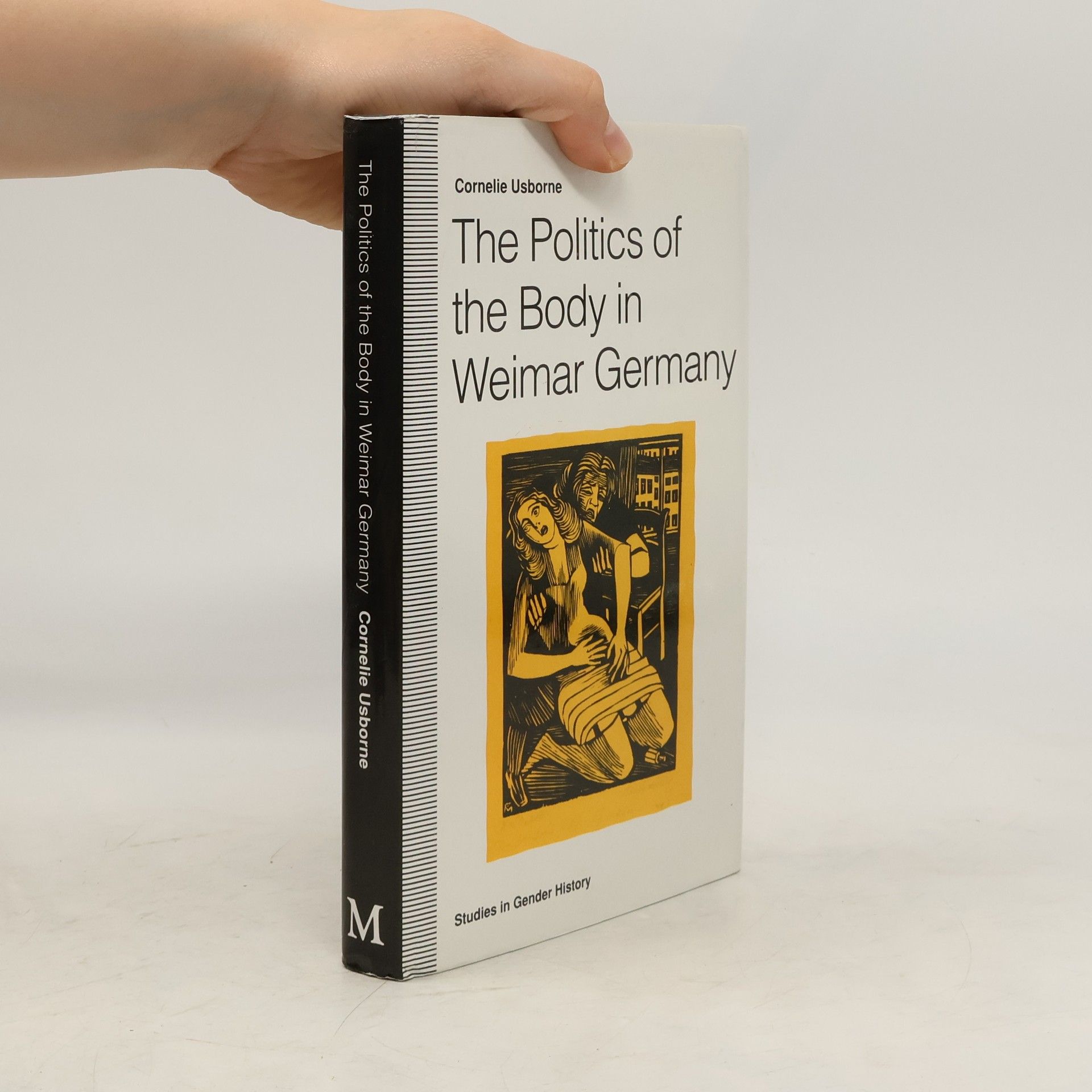Exploring women's employment from 1700 to 1850, this book focuses on Essex and examines various sectors including the worsted industry, agriculture, and service. It analyzes themes such as the sexual division of labor, the impact of capitalism, and the concepts of 'separate spheres' and 'domestic ideology.' By addressing contemporary historical debates, the book provides insights into the continuity and change in women's roles during this transformative period.
Studies in Gender HistorySeries
This series delves into the intricate and often overlooked world of gender history. It explores how gender roles and identities have been shaped, challenged, and transformed throughout time. Each volume offers fresh perspectives on pivotal moments and figures that have influenced our understanding of the past. Readers can expect profound and thought-provoking scholarship that illuminates the complex interplay of gender, power, and society.


Recommended Reading Order
This book analyses how the Weimar Republic put Germany in the forefront of social reform and women's emancipation with wide-ranging maternal welfare programmes and labour protection laws. Its enlightened policy of family planning and liberalised abortion laws offered women a new measure of control over their lives. But the new politics of the body also increased state intervention, the power of the medical profession and the tendency to sacrifice women's rights to national interests whenever the Volk seemed in danger of 'racial decline'.